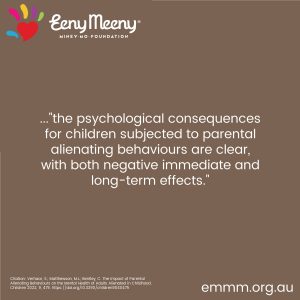| What We Need to Know about Psychological Child Abuse a.k.a. “Parental Alienation.”
Raising Awareness – Increasing Knowledge of Parental Alienation
WHEN: April 26, 2024
TIME: 8:00 AM – 5:00 PM (Central U.S. Standard Time)
WHERE: via Zoom
8 CLE’s – Legal (Judges & Attorneys)
8 CEU’s – Mental Health (LMSW, LSCW, LPC, LMFT
8 CPE’s – Teachers & Schools Administrators (TEA Accredited)
For more information, go to www.children4tomorrow.org or call 713-660-0760.
Presenters:
• Shawn Wygant (keynote speaker) Who Needs to Be Trained in PA & Why?
• Rod McCall – Death, Depression & Drugs: Results of high conflict divorce in children
• Stephen Morrison – A solution for the Family Courts for Seeing the Unseen PA issues
• Dana Laquidara – The Inside Struggle of an Alienated Child
• Jayna Haney – Understanding Grief in Divorces and Consequences in Disordered Mourning
• Ben Rodgers – Child Psychological Abuse Awareness & Preventions
• Suzanne Radcliffe – Unraveling “Parental Alienation” as a Judge, Attorney & an Advocate for Children
• Ryan Blue – How to Defend a PA Case
• John Brownlee – Yes, Betrayal and Grief
• Sheanea Carrington – Unlocking Opportunities: The Significance of an Internship
• Alan Blotcky – Understanding PA: Diagnosis and Treatment
Please Register here:
https://www.children4tomorrow.org/online-store/Children-4-Tomorrow-5th-Annual-Symposium-2024-p84693163 |
 Illinois Divorce Lawyer Blog
Illinois Divorce Lawyer Blog



